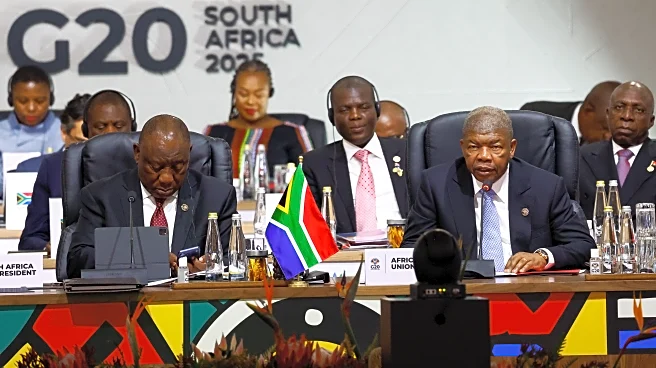BEIJING (AP) — With leader Xi Jinping looking on, China marked 60 years of Communist Party rule in Tibet on Thursday with speeches and a parade in front of the 17th-century Potala Palace, the home of the Dalai
Lama until he fled to India in 1959.
Speakers hailed economic development in the remote region in the foothills of the Himalayas and stressed the need to fight separatism. Opposition to Chinese rule has been largely quashed by a decades-long campaign of repression that has imprisoned Buddhist monks and demolished some monasteries.
“Tibetan affairs are China’s internal affairs, and no external forces are permitted to interfere. All schemes to split the motherland and undermine stability in Tibet are doomed to fail,” senior Communist Party leader Wang Huning told a crowd of 20,000 flag-waving people in a large public square.
Communist forces occupied Tibet in 1951, two years after emerging victorious in a civil war and taking control of China. The anniversary marked the government's establishment of the Tibet autonomous region in 1965. It is called Xizang in Chinese.
The parade, along a wide avenue between the square and a covered stage for special guests, included floats highlighting the regions of Tibet and large dance troupes that stopped in front of the square to perform. Troops and police marched in formation, shouting out their mottos and holding wide banners that proclaimed Communist Party slogans.
“The great achievements of the Tibet autonomous region over the past 60 years fully demonstrate that only under the leadership of the Communist Party of China ... can Tibet achieve prosperity and progress, create a bright future, and enable people of all ethnic groups in Tibet to live a happy and healthy new life,” Wang told the gathering.
The 13-story Potala Palace, now a tourist site, provided an impressive backdrop from its perch atop a rocky outcropping in Lhasa, the capital of Tibet.
The Dalai Lama, who recently turned 90, still lives in India and is the spiritual leader of Tibet. China considers him a threat and says it has the right to appoint his reincarnation after his death. Many overseas Tibetans are critical of Chinese rule and a government-in-exile has been set up in the mountainous Indian town of Dharamshala.












